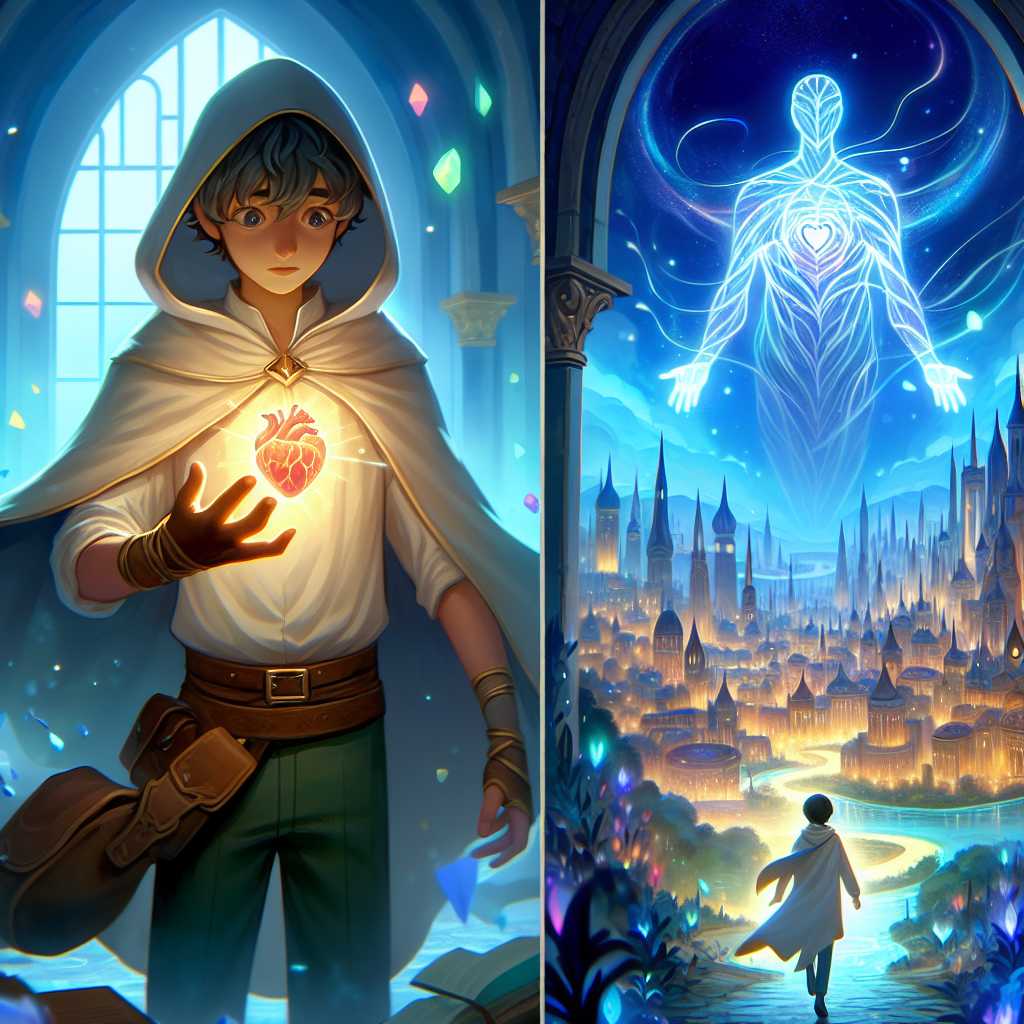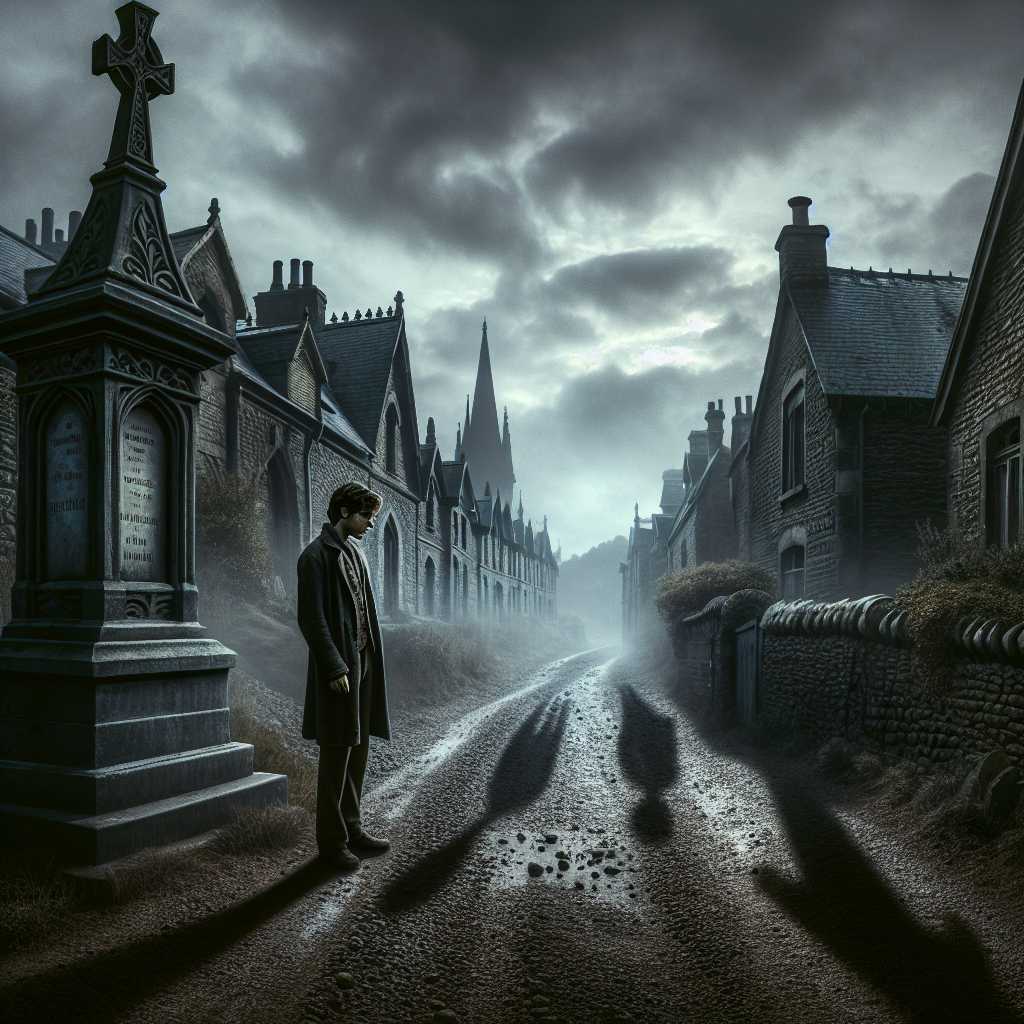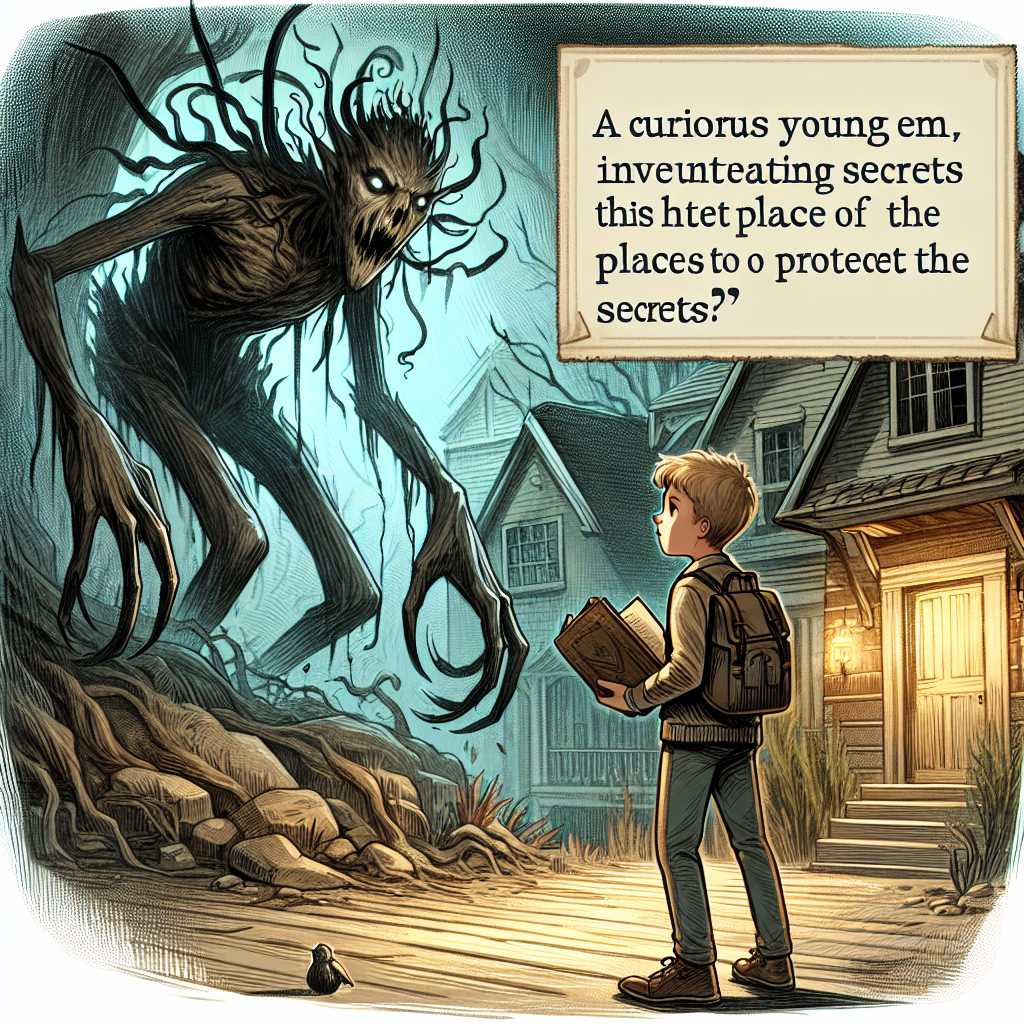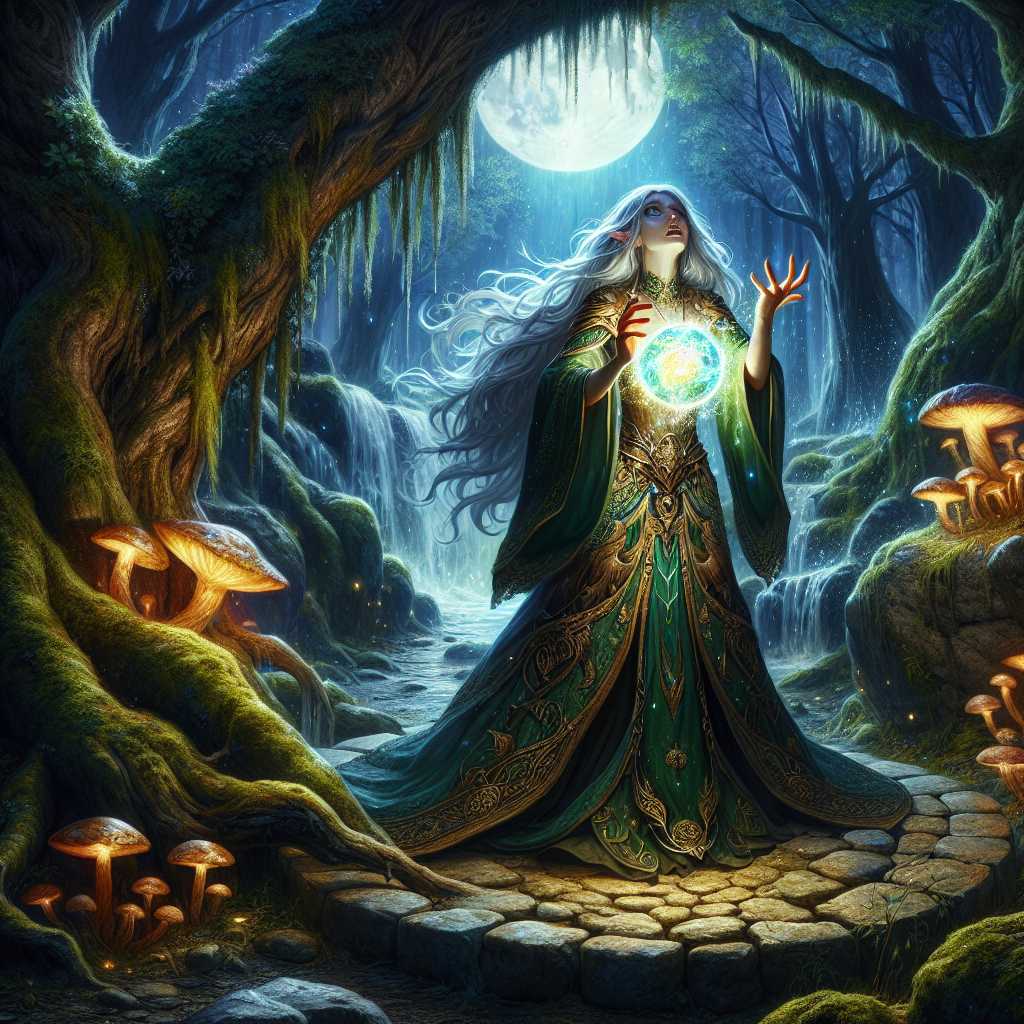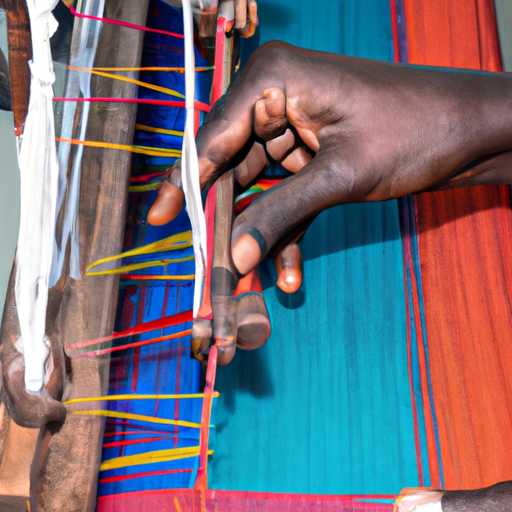
Once upon a time, in an idyllic village, cradled between the loving arms of distant mountains and bathed in the gentle whispering of a neighboring stream, there lived a humble weaver named Rudolph. His days were filled with the rhythmic clattering of the loom, while his nights were warmed by the tender presence of his only daughter, Marianne.
Though poor in material wealth, they were rich in love and contentment. Marianne’s sparkling eyes and radiant smile were more precious to Rudolph than any earthly treasure. The weaver's deft hands would spin, not only the coziest of quilts and the finest of drapes, but also dreams of serenity and hope for his cherished angel.
"My child,” he would often tell Marianne, "our simple life is like this loom. The threads we weave create a pattern, sometimes beautiful, other times not. Yet, every thread is significant, every color vital. And like the threads on this loom, the hues of our lives - joy, sorrow, love, pain – they all blend to make us who we are."
Time, the relentless artist that it is, paints unexpected turns in each life and rudely disrupts the serene rhythm that was the life of Rudolph and Marianne. One day, a bustling caravan of merchants halted near the peaceful village, bringing with them not just exotic spices and shimmering silks, but also a young, charming merchant named Frederick.
Frederick was enchanted by Marianne’s beauty and the purity of her spirit. He showered her with gifts and promises of a life filled with riches and grandeur. Naive and bewitched by his charms, Marianne fell deeply in love. She emerged from her cocoon of simplicity, only to be carried away in the swirling winds of promise and boundless love.
With a heavy heart, Rudolph bid goodbye to Marianne, who left to live in the opulent city with Frederick. His loom now echoed with silence, as if they were mourning her absence. The quilts and drapes he woven henceforth were draped in longing and tinged in tears.
And in the height of his despair, a messenger arrived with a letter for Rudolph. It was written in Marianne's elegant script. She wrote of her lavish home, adorned with the most exquisite silks; of grand balls, where she danced till dawn in the arms of her beloved. Yet, beneath the excitement, Rudolph, who knew his daughter more than anyone else, sensed an undercurrent of desolation.
Months turned into seasons and seasons into years. The charm of the city life lost its luster in Marianne’s eyes. Frederick, although loving, was often lost in the glitz of nobility. Their conversations turned superficial, their feelings estranged, their love waning.
In her heart, Marianne yearned for the seclusion, the simplicity, and the love she left behind. She missed her father's stories, the rhythm of the loom, and the laughter that haunted their little home. The wealth and the luxuries that once seemed enticing now suffocated her, the grandeur of the city life made her more alone than ever.
Finally, Marianne decided to detach herself from the veiled misery of her life and return to her father. She wanted the solace of the mountains, the murmur of the stream, the hum of the loom, and most importantly, the unconditional love and warmth of her father.
When she arrived back home, Rudolph's joy knew no bounds. His beloved daughter had returned, with her spirit intact, and with newfound wisdom. She admitted her mistakes and acknowledged the truth in his metaphor - that the grandeur seemed colorful, yet lacked the depth of love and humanity their simple life offered.
It was then that Marianne, with renewed zest, took to the loom. Her loom sang a resonant melody unlike any other, weaving beautiful patterns reflecting her experiences—each thread a testimony of her journey. Wealth was but a facade; the true treasure was in simplicity, love, and peace.
Only then did Marianne feel truly rich.
And so they remained, father and daughter, their love growing with each passing moment. Rudolph's loom continued to echo the beautiful harmonies of their lives, filling them with joy, and their quaint village with warmth unparalleled.




